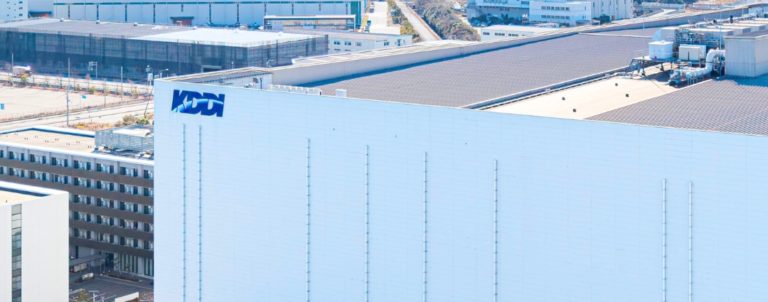Southeast Asia – Only 11% are investing in generative AI, despite the majority (94%) of chief investment officers in ASEAN+ consider artificial intelligence critical for business, according to a recent study by Lenovo.
In this report, findings also revealed that less than half (45%) of organisations in the Asia Pacific are planning to increase their AI spending in 2024 compared to 2023.
To note, business leaders were observed inclined to prioritise Gen AI to enhance the customer experience and drive outcomes. CIOs, however, express a more reserved optimism.
In fact, ASEAN+ CIOs rank Gen AI as the third technology priority, prioritising AI technologies that improve security, infrastructure, and cyber resilience.
In terms of becoming at the forefront of Gen AI investments in the region, on the other hand, the results of the study showed that CIOs across India (28%) and Korea (33%) lead the group, followed by ASEAN+ (11%), Australia and New Zealand (ANZ) (2%), and Japan (2%).
A significant portion of the spending on Gen AI in ASEAN+ will also be allocated to the infrastructure required to support applications.
Additionally, security and intellectual property have also become key concerns for ASEAN+ enterprises embracing GenAI, with challenges related to adoption and deployment being apparent among the ASEAN+ CIOs surveyed.
To be specific, top concerns include high dependence on third parties (40%), monitoring AI misuse and hallucinations (incorrect predictions), and security (38% each). On the other hand, the lack of requisite training in AI automation tools (57%), and concerns related to job security (50%), are key pain points for CIOs in Singapore.
Interestingly, the said report also observed that a significant 68% of CIOs in Singapore are already leveraging AI to enhance their security framework, with an additional 25% planning to invest in this area.
With financial services, manufacturing, and government sectors emerging as the top spenders, the AI platform market in ASEAN, in particular, is also experiencing a 40% compound annual growth rate.
The survey also indicated that Asia Pacific companies will take a balanced approach to deploying AI workloads. On average, 31% of AI workloads will be deployed on the public cloud, 28% on the private cloud, and an additional 28% on hybrid cloud solutions.
Kumar Mitra, managing director at Lenovo infrastructure solutions group, Central Asia Pacific, said, “The AI Playbook echoes what we have been hearing from the customers. CIOs across ASEAN+ are most confident about AI, with 94 percent expressing certainty that it will create a competitive advantage, and 51 percent of them consider it to be a game changer for their organisations.”
“Higher investments in GenAI and machine learning followed by deep learning systems underscore their desire to elevate operational efficiency, security, decision-making processes, and customer experiences,” he explained further.
Scott Tease, vice president, high-performance computing and AI at Lenovo, also commented, “Additionally, the allocation of 13 percent of AI workloads at traditional data centres signifies a growing recognition of the importance of edge computing, bringing AI capabilities closer to the source of data generation.”
On the other hand, Sumir Bhatia, president, AP at Lenovo ISG, further expressed, “In our AI journey, collaboration is key across our ecosystem. With domain experts ensuring relevance and clear communication, we’re transforming the customer experience.”
Laurence Liew, director at AI Innovation Singapore, also stated, “Planning, assessing return on investment (ROI), and having the required data sets and teams are crucial for AI projects. AI Singapore plays a vital role in building skills through apprenticeship programmes and creating a talent pipeline framework to address the global AI skills shortage.”
Meanwhile, Singaporean CIOs also believe that real-time analytics (48%) and retail and customer experience (42%) use cases will experience the most significant impact from AI. However, they also noted that reliance on extensive datasets is the top technology challenge in utilising AI.








